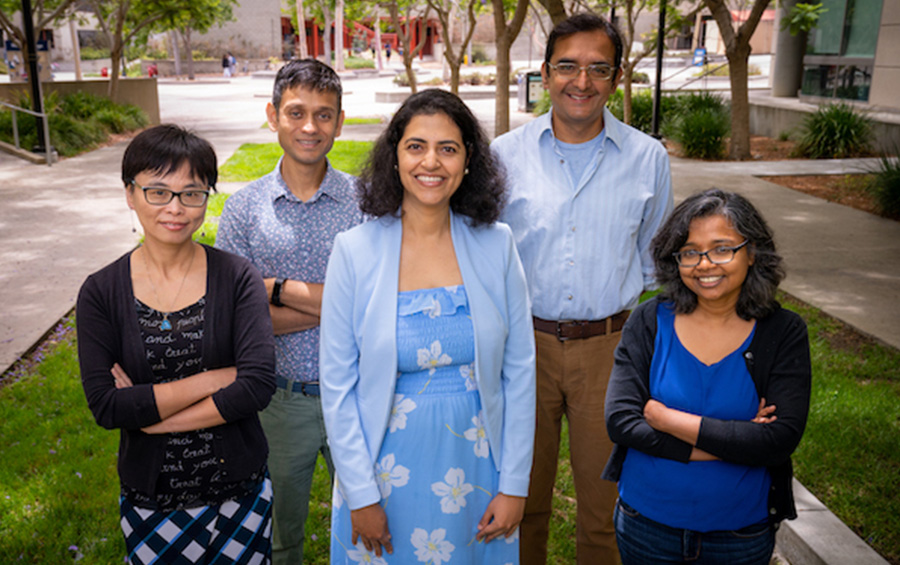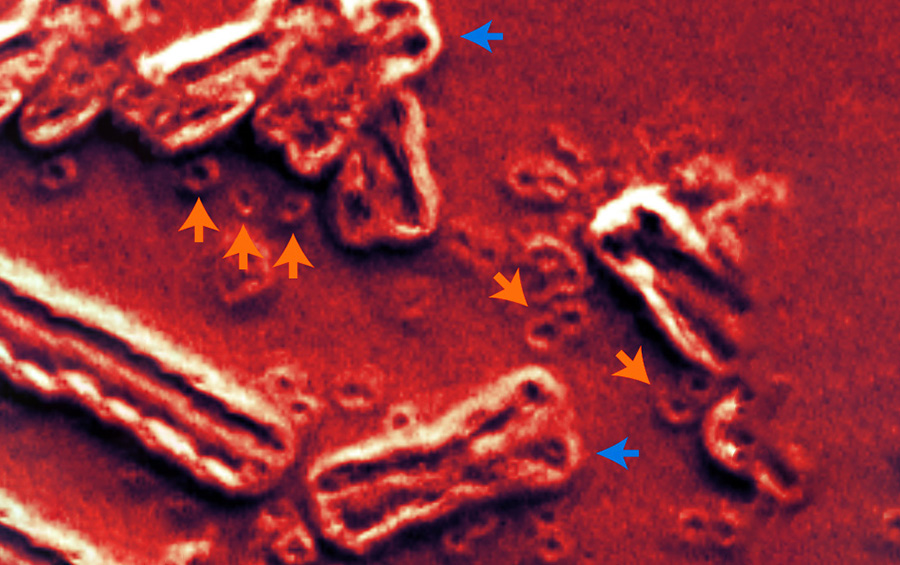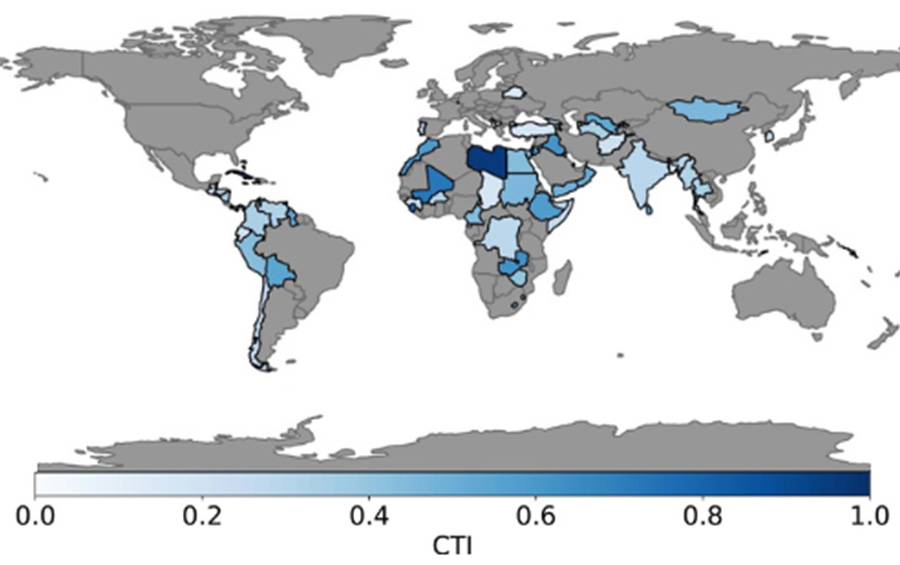Introducing EnCORE: New $10M Institute Will Get to the Core of Data Science
A new National Science Foundation initiative has created a $10 million dollar institute led by computer and data scientists at UC San Diego that aims to transform the core fundamentals of the rapidly emerging field of Data Science.
Called The Institute for Emerging CORE Methods in Data Science (EnCORE), the institute will be housed in the Department of Computer Science and Engineering (CSE), in collaboration with The Halıcıoğlu Data Science Institute (HDSI), and will tackle a set of important problems in theoretical foundations of Data Science.







